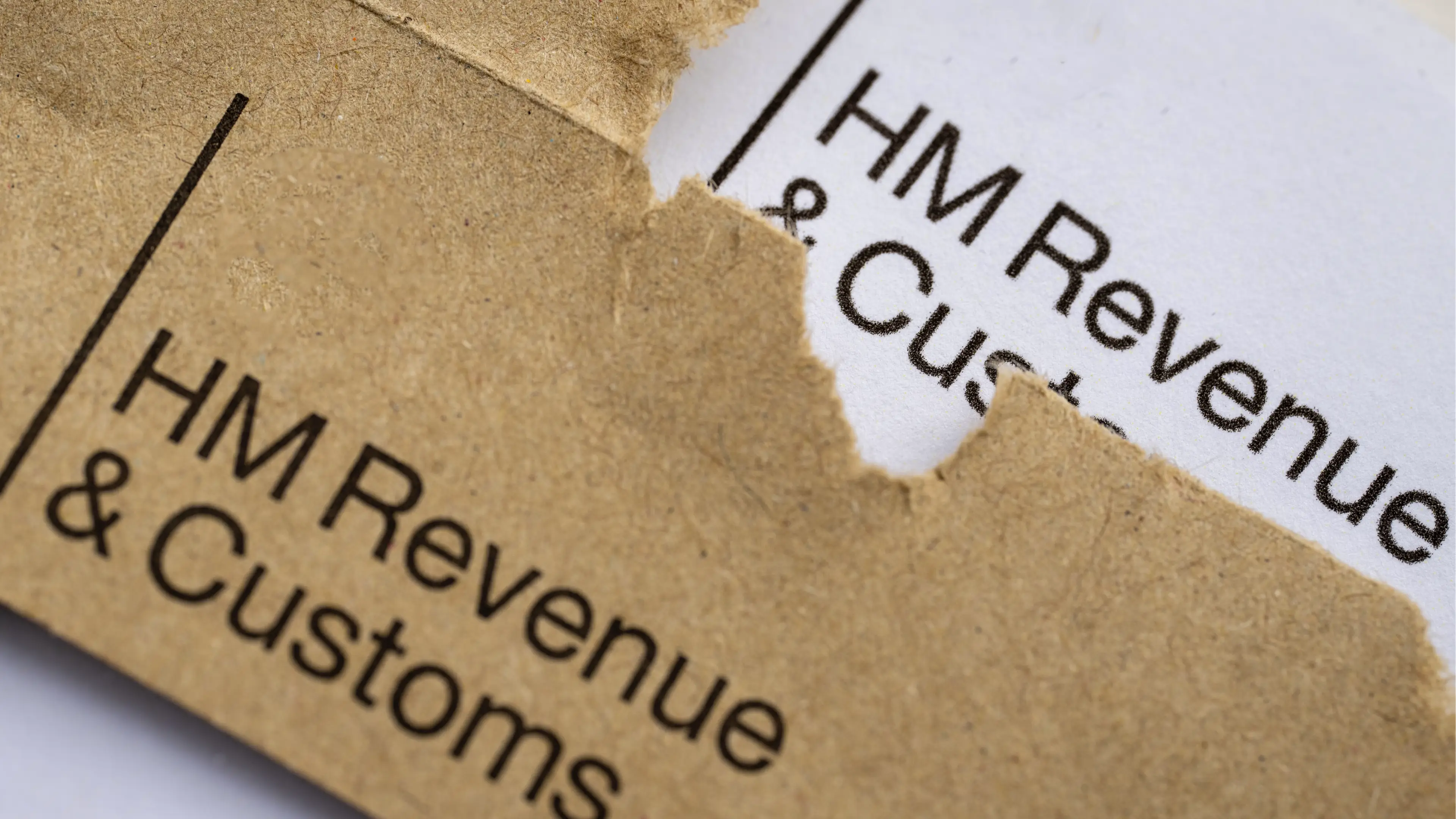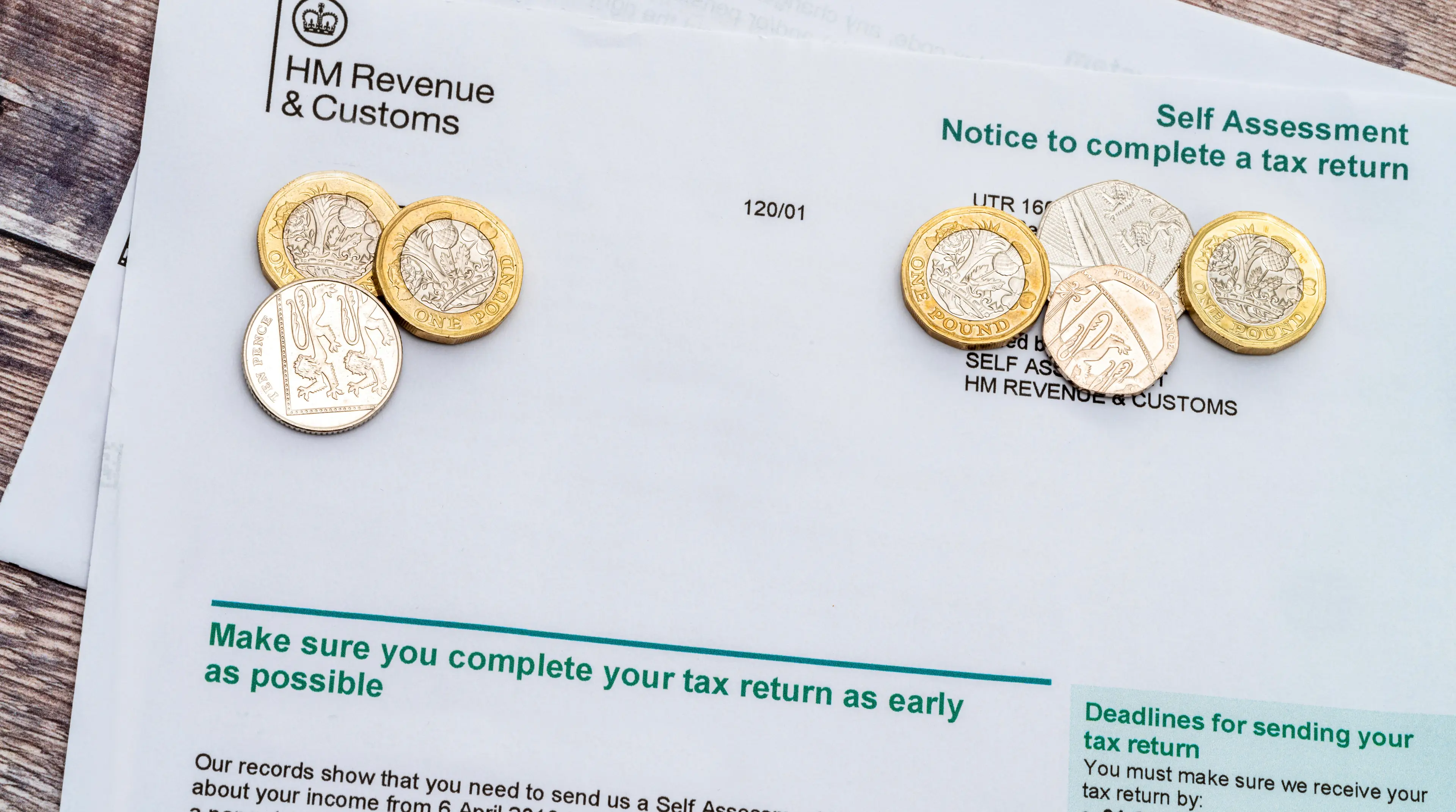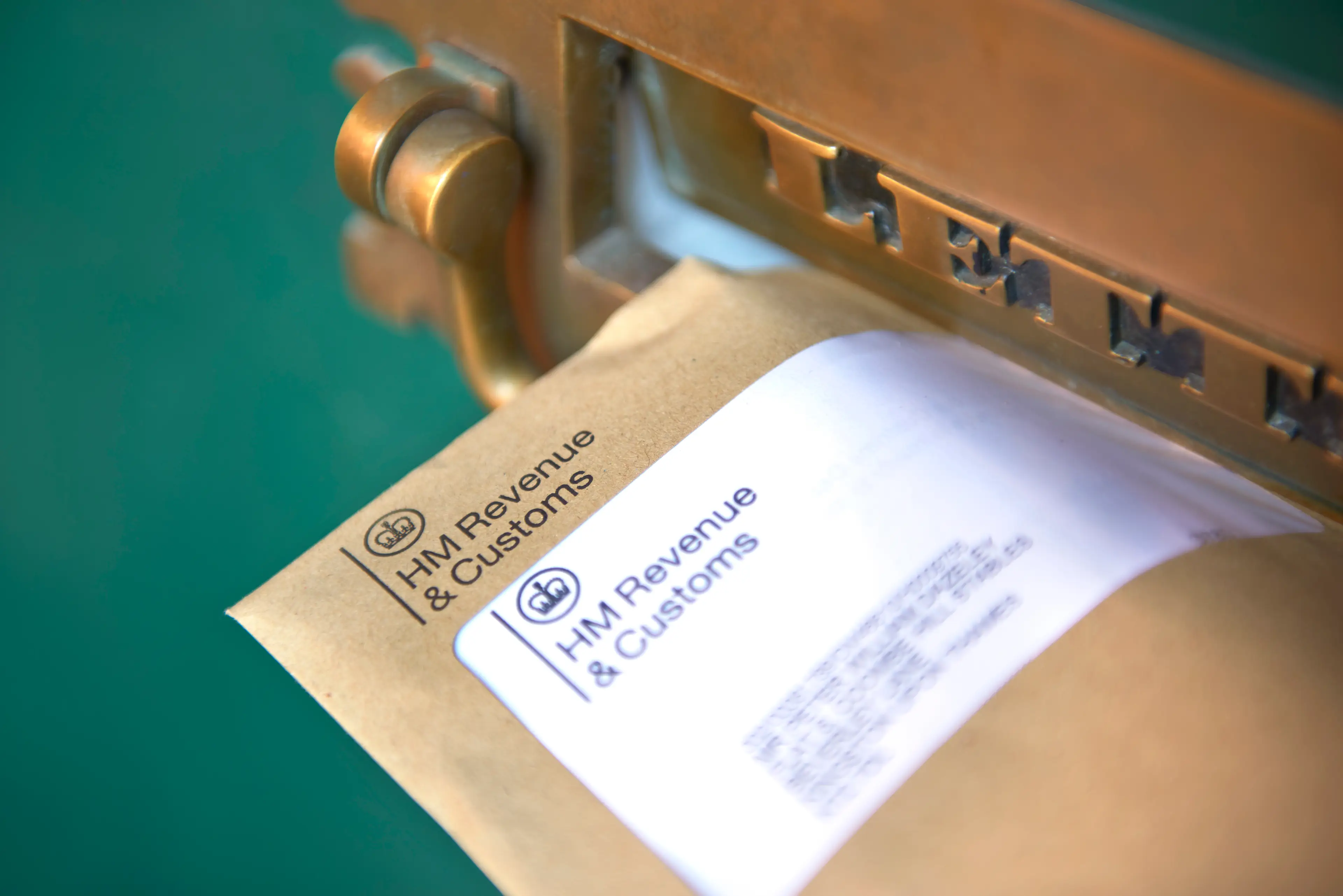
Thousands of Brits could face forking out a substantial daily fee if they haven't got all their ducks in a row with the taxman.
The new tax year began on 6 April last month, but HM Revenue and Customs (HMRC) are still chasing up money from the last one.
And those who still haven't settled up with the government are now at risk of being stung with a financial penalty which could quickly snowball into the hundreds if you don't nip it in the bud.
The final deadline for filing self-assessment tax returns to HMRC was on 31 January, and some people got slapped with a £100 late fee for missing it even just by a day.
Advert
"It's important to get your tax return filed as soon as possible - even if there's nothing to pay," Alastair Douglas, CEO of TotallyMoney, explained earlier this year.
"That's because the taxman will be waiting to dish out £100 fines as soon as the clock strikes midnight," he said of the initial deadline at the end of January.
"After that, you'll have three months of breathing space before HMRC issues daily penalties of £10, up to a maximum of £900, with fines getting more severe after that."
But this breathing space has now expired, meaning penalties of £10 a day will now be sent out in the post to those who still haven't sorted their self-assessment tax returns out.

Douglas warned that things only get worse from here on out too, as if you continue to ignore HMRC, the financial penalties only increase.
He told the Mirror: "Although the deadline was back in January, it's likely that hundreds of thousands of people still haven't filed their tax returns.
"And while the initial £100 fine might not have been enough to encourage some to get going, from today, HMRC will start charging late filers an extra £10 per day.
"This is on top of the staggering 8.5% late payment interest rate on outstanding balances."
According to the UK government website, there is a host of late penalties which Brits could be slapped with - and the severity of them depends on how delayed the tax returns are.
There's an initial £100 penalty for sending your return late, or if you pay your tax bill late, followed by additional daily fines of £10 per day which kick in after the first three months.
This daily fee can total up to a maximum of £900, but after six months, you're really playing with fire.
At this point, a further penalty of 5% of the tax due or £300 - whichever is greater - will be applied.

After 12 months, another 5% or £300 charge (again, whichever is greater) is handed out.
Which is why you should get your self-assessment tax return sent in as soon as possible. However, there are some specific circumstances in which HMRC might waive these fees.
If you have a 'reasonable excuse' which explains why you failed to sort your taxes out before the deadline, you can appeal against a penalty, the government website explains.
There's a list of 'valid reasons' which HMRC may accept, including the death of a close relative prior to the cut off date, an unexpected hospital stay, or if you were struck down with a serious or life-threatening illness.
The taxman may also scrap the penalty fees if your computer or software malfunctioned while you were sorting your online return or if there were issues with HMRC's online services.
Other reasonable excuses include a fire, flood or theft which prevented you from getting organised, unforeseen postal delays and if you were unaware of or misunderstood your legal obligation.
Those who didn't complete their self-assessment tax returns due to disabilities or mental illness, or if you relied on someone else to send your return and they did not, can also get the penalties revoked.
However, payment failing due to a lack of funds, difficulty in using the HMRC online system, not receiving a reminder and making a mistake on your tax return are not considered valid reasons for missing the deadline.